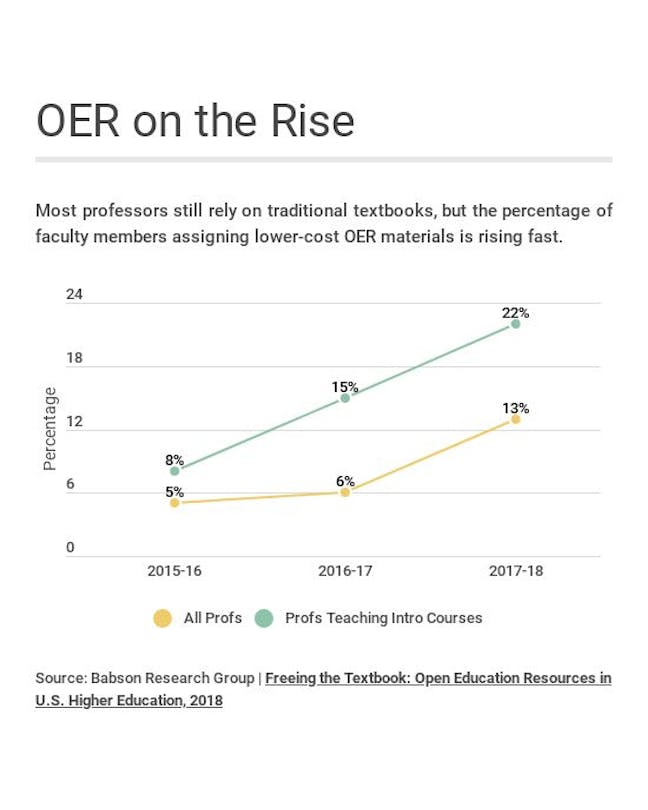H5P
H5P replaced Zaption
Here a test of interactive video with YouTube source:
vs Kaltura video
++++++++++++
more on H5P in this IMS blog
https://blog.stcloudstate.edu/ims?s=h5p
Digital Literacy for St. Cloud State University
H5P replaced Zaption
Here a test of interactive video with YouTube source:
vs Kaltura video
++++++++++++
more on H5P in this IMS blog
https://blog.stcloudstate.edu/ims?s=h5p
https://www.edsurge.com/research/guides/21st-century-teaching-guide

Colleges around the country have also started hiring staff members with titles like OER Coordinator and Affordable Content Librarian. Our series looked into how the movement is changing, and the research into the costsand benefits. You can even hear a podcast version here.
Robert Talbert, a professor of mathematics at Grand Valley State University and author of the book Flipped Learning. Talbert recently tabulated how many scholarly articles are published each year about “flipping” instruction, meaning that traditional lecture-style material is delivered before class (often using videos) so that classroom time can be used for discussion and other more active learning.

By 2016, there were an estimated 13,000 instructional designers on U.S. campuses, according to a report by Intentional Futures. And that number seems to be growing.
There’s also a growing acceptance of the scholarly discipline known as “learning sciences,” a body of research across disciplines of cognitive science, computer science, psychology, anthropology and other fields trying to unlock secrets of how people learn and how to best teach.
here’s a classic study that shows that professors think they’re better teachers than they actually are
experiments with putting office hours online to get students to show up, bringing virtual reality to science labs to broaden what students could explore there, and changing how homework and tests are written.
Students are also finding their own new ways to learn online, by engaging in online activism. The era of a campus bubble seems over in the age of Twitter
We dove into what lessons can be learned from MOOCs, as well what research so far about which audiences online can best serve.
Perhaps the toughest questions of all about teaching in the 21st century is what exactly is the professor’s role in the Internet age. Once upon a time the goal was to be the ‘sage on the stage,’ when lecturing was king. Today many people argue that the college instructor should be more of a ‘guide on the side.’ But as one popular teaching expert notes, even that may not quite fit.
And in an era of intense political polarization, colleges and professors are looking for best to train students to become digitally literate so they can play their roles as informed citizens. But just how to do that is up for debate, though some are looking for a nonpartisan solution.
+++++++++++
more on OER in this IMS blog
https://blog.stcloudstate.edu/ims?s=oer
Five Good Alternatives to YouTube for Finding Educational Videos https://t.co/BrKUw5Q4d1
— Richard Byrne (@rmbyrne) May 19, 2019
Even if you use the search refinement tools in YouTube, it can be a challenge to find a clip that is appropriate for your students.
Peter DeHaan
https://www.linkedin.com/pulse/writing-art-publishing-business-peter-dehaan/
Many writers also struggle with the business side of their art. And while I am closer to connecting the two, my struggle is no less real.
+++++++++++++
more on OER in this IMS blog
https://blog.stcloudstate.edu/ims?s=oer